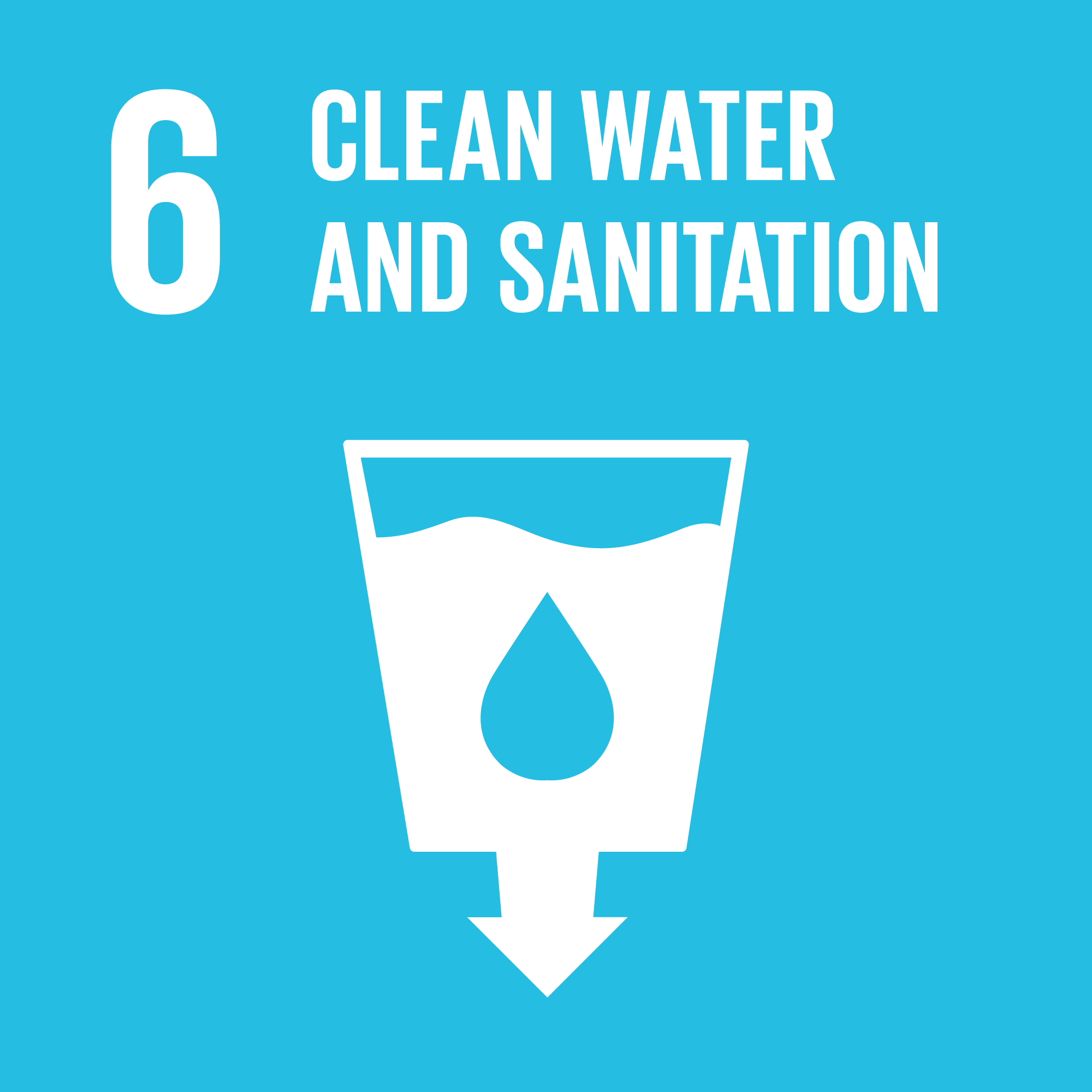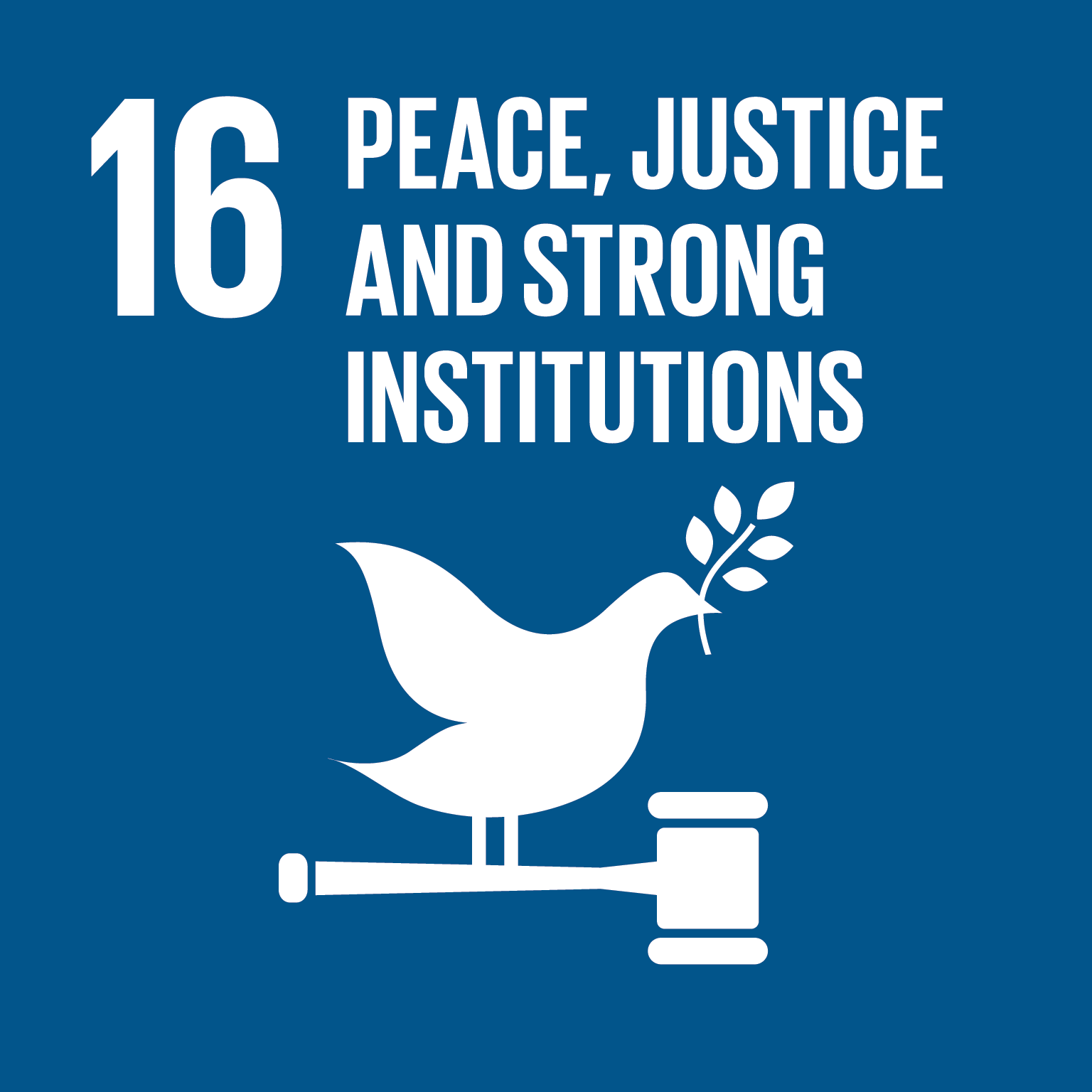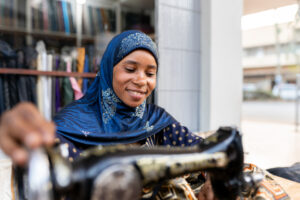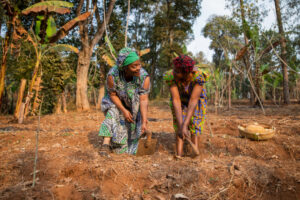ECONOMIC WELL-BEING
What We Do
Informal Sector
A significant portion of Tanzania’s population, especially in urban areas, relies on the informal sector for livelihoods, with women playing a central role. Women constitute 60-70% of informal employment, engaging in activities like small-scale trading, street vending, and artisanal work. However, they face challenges such as limited access to credit, lower earnings (30-40% less than men), and lack of social protections. Cultural norms and gender-based barriers further restrict their economic growth. Strengthening the sector through supportive policies, such as microfinance and training programs, could enhance its contribution to the economy and improve women’s livelihoods.
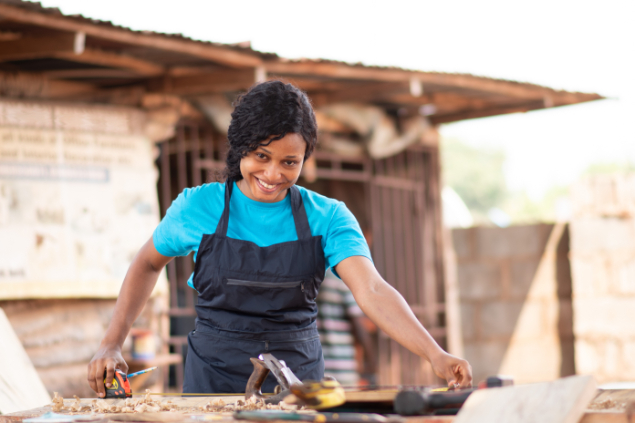
Our Approach
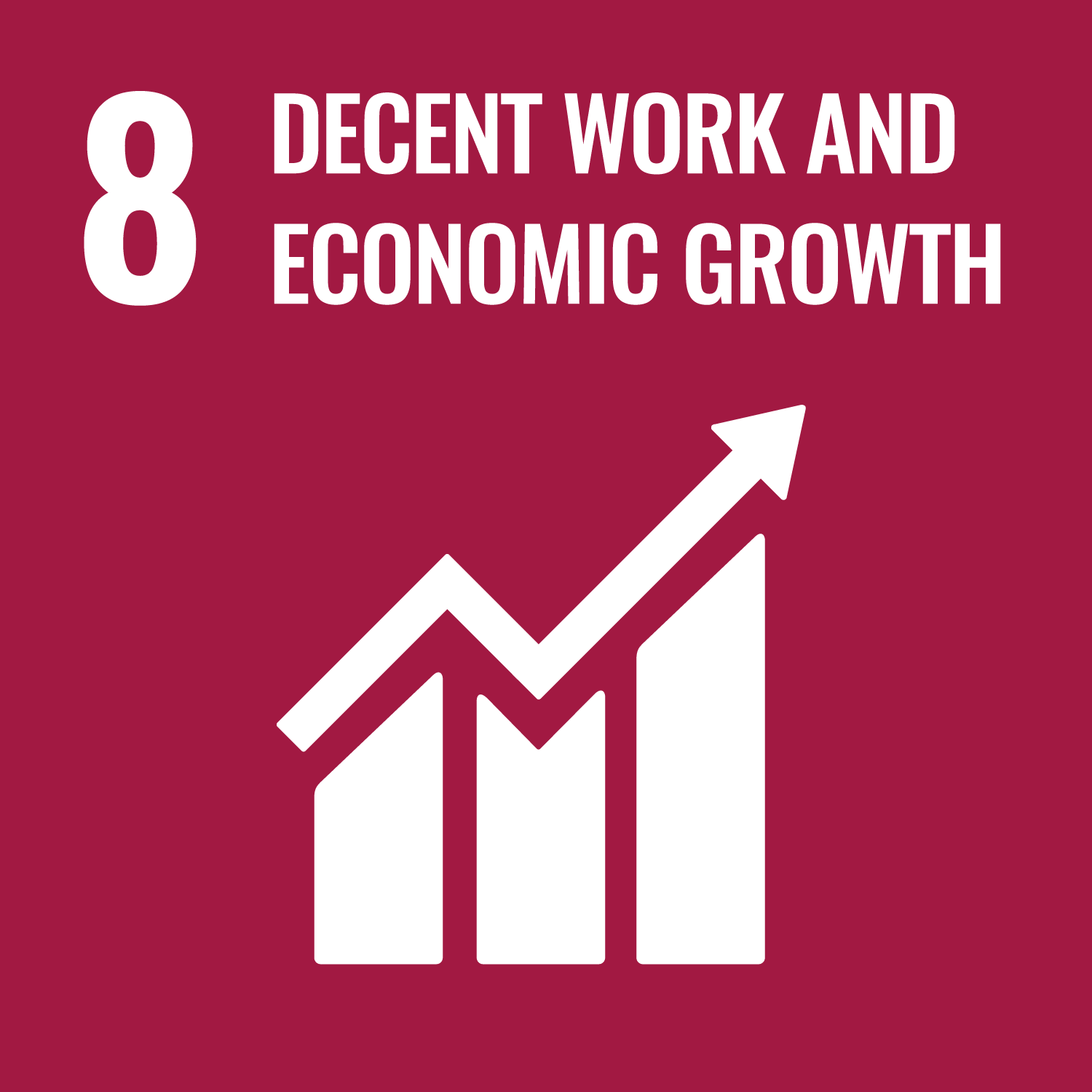
Agriculture
Agriculture is the backbone of Tanzania’s economy, employing 65-70% of the population and contributing 25-30% of GDP. Women play a critical role, making up 50-60% of the agricultural labor force, primarily in food crop production like maize, cassava, and beans. However, they face significant challenges, including limited access to land (only 10% have secure land ownership, compared to 30% of men, per the World Bank, 2019), credit, and modern technologies. Cash crops such as coffee and cotton provide export earnings, but women often have less access to these high-value markets.
Our Economic Well-being Activities are
- Collaborate with local governments and communities to allocate land for women-led farming initiatives.
- Establish microfinance programs tailored to women farmers, offering low-interest loans and grants. And partner with financial institutions to create gender-sensitive lending policies.
- Educate women on financial literacy and business management to help them make informed decisions.
- Offer training in modern farming techniques, climate-resilient practices, and sustainable agriculture.
- Organize workshops on crop diversification, post-harvest handling, and value addition to increase income.
- Introduce women to digital tools, such as mobile apps for weather forecasts and market prices.
- Facilitate access to irrigation systems and high-quality seeds to improve productivity.
- Create women-led farmer groups to collectively negotiate better prices and access larger markets.
- Offer training programs in business management, marketing, and entrepreneurship to help women grow their small-scale businesses.
- Provide vocational training in areas like tailoring, handicrafts, and food processing to diversify income sources.
Our Focus

